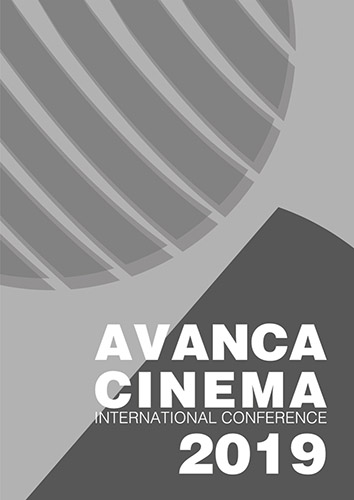Capítulo II _ Cinema - Cinema
O transcinema de Lúcia Murat. Memórias dos anos 70 por meio da imersão e da coautoria com o espectador
Resumo
A long trip (2012), by Lúcia Murat, turns the screen into a postcard, video art, live cinema, installation, photo album, letter, map ... It works as a register of an era as ‘transcinema’. The film mixes past and present, reality and fiction, to recount the steps of Heitor, the filmmaker’s brother, who was sent abroad in 1969 by the family in fear that he would follow Lúcia’s footsteps in the armed struggle. It’s updates the cinematographic devices and turns the viewer into a co-author. Filled with hybrids, it enlarges the possibilities of the ‘cinema form’, expanding it. Digital features allow for a strong ‘between-the-images’, uniting projections of differents supports, temporalities, spatialities and cultures.
The nine years when Lúcia and Heitor were apart _ when he took two trips around the world, while she was trying to survive under the oppression of the military regime _ function also as a way to highlights the memories of an obscure period in Brazil. It creates a paradoxical and synaesthetic immersion at the 70’s, where “getting lost seemed to be the only way to find oneself”. Under the effect of an ‘endless eye’, it generates a powerful ‘trompe l’oeil’ that broadens horizons. ‘Infinite lucarne’ lead the viewer to fill in the gaps in a psychedelic kaleidoscope and to experience the film as an observer who atones for this generation’s deeds. The goal of this work is to analyze these constructions and identify how this language helps promote immersion in the film, which works with memory.

Este trabalho encontra-se publicado com a Licença Internacional Creative Commons Atribuição 4.0.

